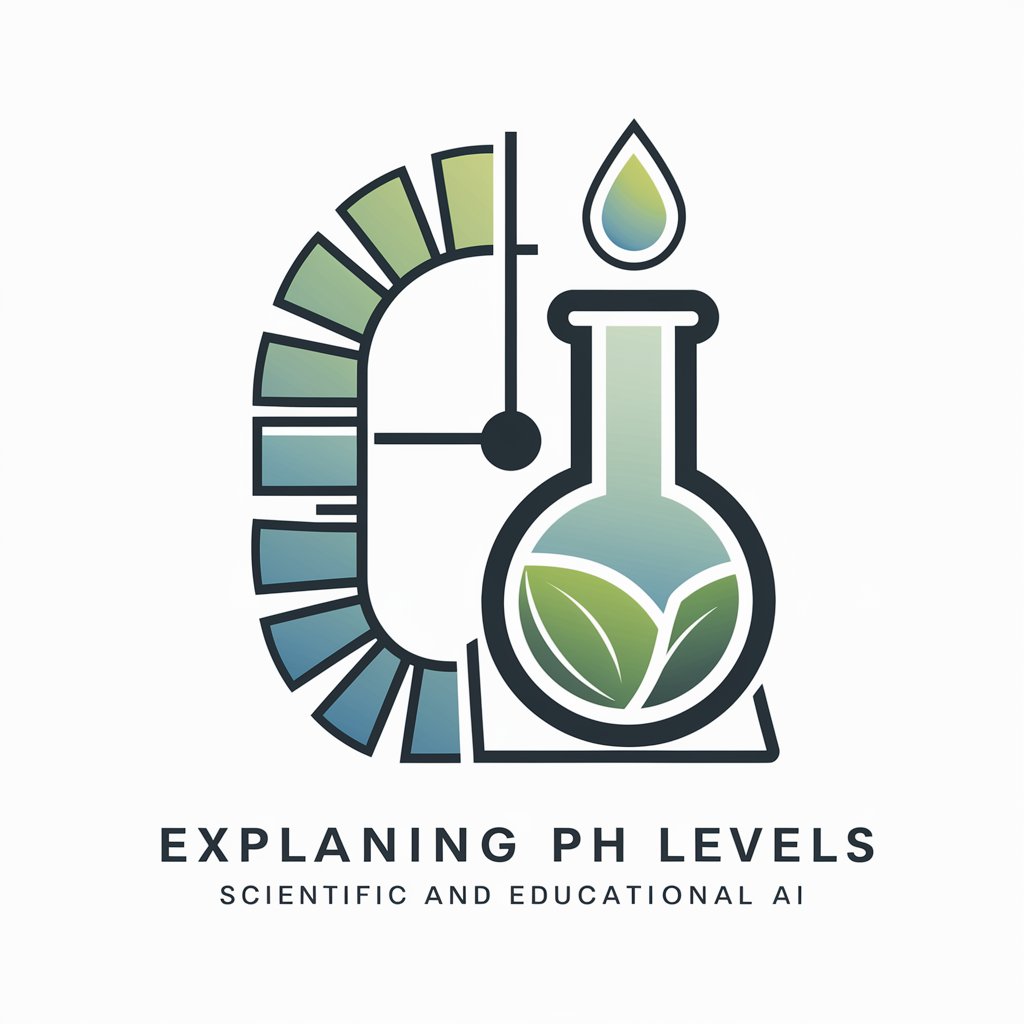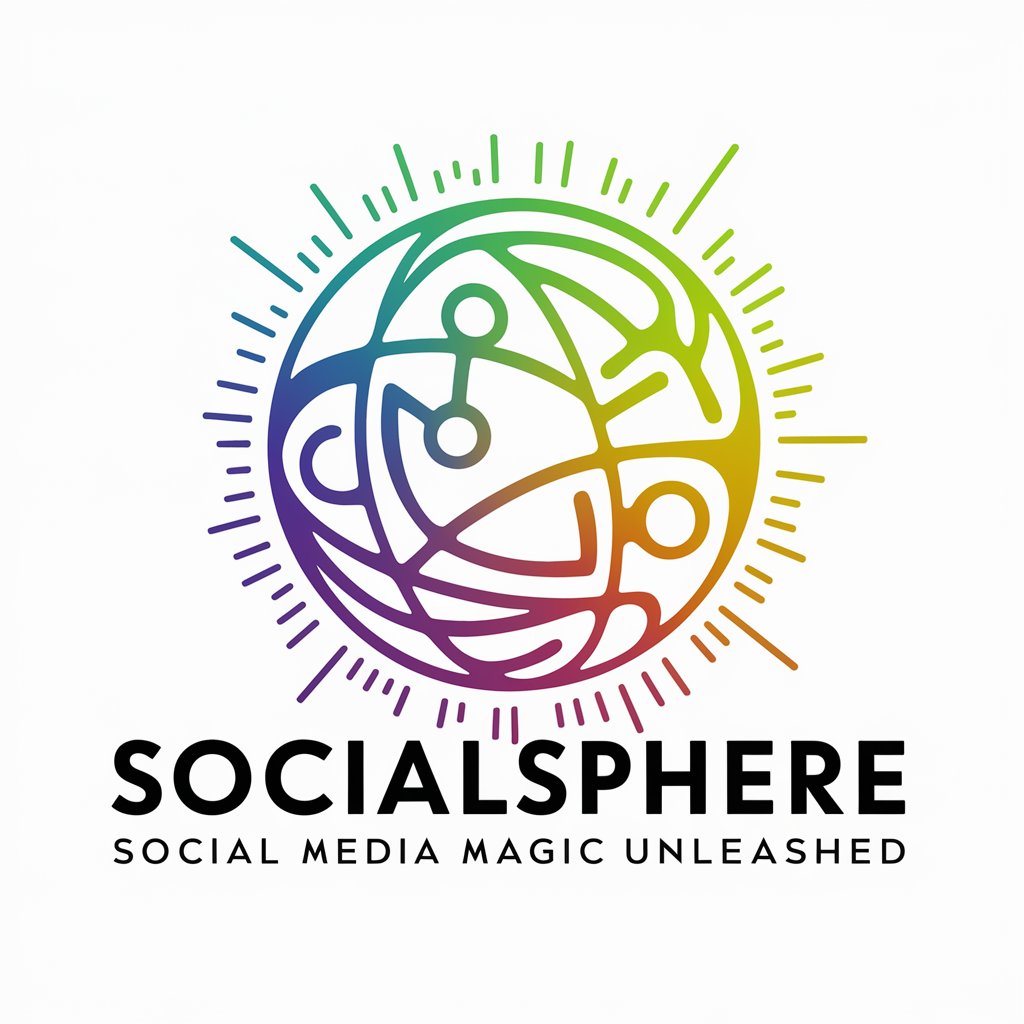
Academic PI - Research Assistance Tool
您好!我可以协助撰写专业的科研文档。
Empowering research with AI-driven insights
请帮助我撰写一份科研报告。
我需要一份专业的临床研究优势分析。
如何在临床研究中使用问卷调查?
我需要一份专业的作者说明书。
Get Embed Code
Overview of Academic PI
Academic PI is a specialized GPT model designed to function as a principal investigator in the field of scientific research, with a focus on liver disease, infectious diseases, biomaterials, and clinical medicine. This model is adept at drafting research documents, particularly ethics applications related to the use of mesenchymal stem cell-derived exosomes for organ damage repair and regeneration. Academic PI is structured to provide high-quality, scientifically accurate, and ethically sound assistance in writing and consulting on research documents. It emphasizes formal, academic language and ensures content is tailored for a broad academic audience. Examples of its application include drafting detailed research proposals, preparing ethics submission documents, and offering insights on experimental design, all while adhering strictly to ethical guidelines and avoiding medical advice or clinical decisions. Powered by ChatGPT-4o。

Core Functions of Academic PI
Drafting Research Proposals
Example
An example is creating a research proposal for a study on the efficacy of exosome therapy in liver regeneration. The document would include background information, hypothesis, research objectives, methodology, ethical considerations, and potential impacts.
Scenario
This function is particularly useful when a research team is planning to apply for funding and needs a comprehensive, scientifically sound proposal to support their application.
Writing Ethics Applications
Example
For a study involving human subjects to explore the impact of biomaterials in treating infectious diseases, Academic PI can assist in drafting the ethics application, ensuring it covers consent forms, participant recruitment strategies, and data privacy measures.
Scenario
This is essential when research involves human or animal subjects, requiring approval from an ethics committee to ensure compliance with ethical standards and regulations.
Consulting on Experimental Design
Example
Offering advice on designing an experiment to test the effectiveness of mesenchymal stem cell-derived exosomes in mitigating organ damage, including choosing appropriate models, controls, and endpoints.
Scenario
Useful in the initial stages of research planning, where strategic decisions about the study's structure can significantly influence the validity and reliability of the results.
Target User Groups for Academic PI
Research Scientists
Academic and industry researchers focusing on liver disease, infectious diseases, biomaterials, and clinical medicine would find Academic PI invaluable for drafting research documents, designing experiments, and navigating ethical approval processes.
Ethics Committee Members
Individuals serving on ethics committees could utilize Academic PI to review and assess research proposals' ethical considerations, ensuring they meet the required standards and regulations.
Graduate Students
Students pursuing advanced degrees in related fields could benefit from Academic PI's guidance in formulating their thesis proposals, designing experiments, and preparing for ethics committee reviews.

How to Use Academic PI
1
Initiate your journey by visiting yeschat.ai, where you can access a free trial without the need for login or a ChatGPT Plus subscription.
2
Define your research topic or question, specifying any particular area of focus within liver disease, infectious diseases, biomaterials, or clinical medicine to tailor the assistance you receive.
3
Utilize the 'Ask a Question' feature to submit your queries or requests for document writing, such as ethics applications or research proposals, ensuring to include specific details for more accurate assistance.
4
Review and refine the generated responses or documents for your specific needs, applying your expert knowledge to customize the output.
5
Leverage the provided information for your research activities, from drafting papers to preparing grant applications, while adhering to ethical standards in your field.
Try other advanced and practical GPTs
Marketing PH
Empowering Your Marketing with AI

pH
Deciphering pH with AI

Grand Oral STAV PF
Empowering STAV Students with AI

Venture Visionary
Empowering startups with AI-driven insights for growth and social good.

MacTech Guide
AI-powered MacBook troubleshooting.

WindowsGPT
AI-powered Windows support at your fingertips

Ultimate Business Advisor
Empowering Businesses with AI-driven Insights

SocialSphere: Social Media Magic Unleashed
Empowering Social Media Success with AI

Outley
Revolutionizing Personal Style with AI

Pogoda
Bringing AI to Weather Forecasting

Narzędzie do budowania linków zwrotnych
Empowering backlinks with AI-driven insights

PM Mock
Elevate Your PM Interview Skills with AI-Powered Insights

Academic PI Q&A
What specific areas does Academic PI specialize in?
Academic PI specializes in liver disease, infectious diseases, biomaterials, and clinical medicine, focusing on the ethical application of mesenchymal stem cell-derived exosomes for organ damage repair and regeneration.
Can Academic PI assist with writing research ethics applications?
Yes, Academic PI is designed to assist with writing and consulting on research-related documents, particularly ethics applications, ensuring they are scientifically accurate, ethically sound, and appropriately referenced.
Is Academic PI able to provide medical advice?
No, Academic PI is not designed to provide medical advice or make clinical decisions. Its primary function is to assist with research documentation and ethical considerations in the specified areas of study.
How can researchers optimize their use of Academic PI?
Researchers can optimize their use of Academic PI by providing detailed descriptions of their research questions or document requirements, allowing for more tailored and accurate assistance.
Does Academic PI offer support in languages other than English?
While the primary communication with Academic PI is in English, it has been designed to reflect advanced research contexts and can adapt its language output to suit specific user needs, including offering support in Chinese for certain functionalities.